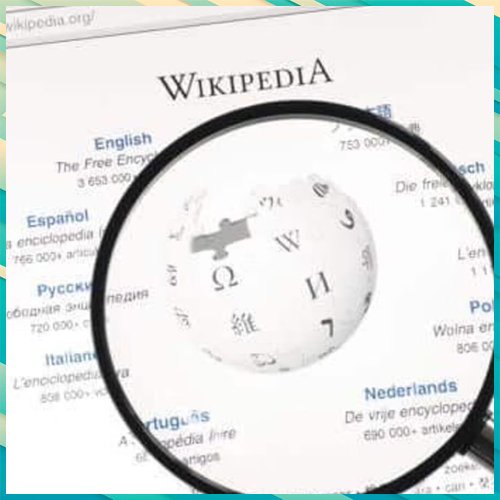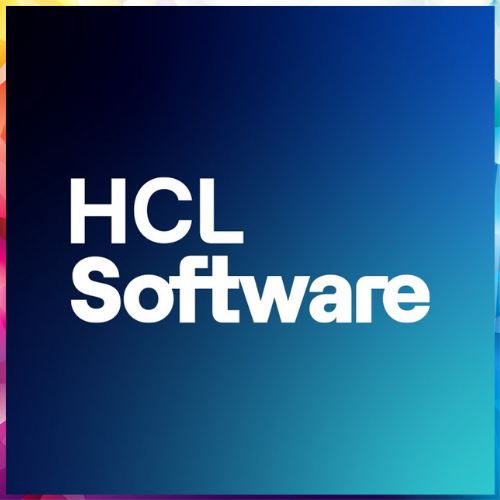Breaking News

Unlike platforms such as Duolingo and Shopify that are increasingly automating human roles, Wikipedia remains committed to a human-first approach.
In a significant move toward technological integration, Wikipedia has announced the adoption of a new AI-driven strategy designed to ease the workload of its human editors and volunteer contributors, without replacing them. The Wikimedia Foundation, which operates the world’s largest free online encyclopedia, stressed that its approach to artificial intelligence is focused on supporting human efforts, not substituting them.
Unlike commercial platforms like Duolingo and Shopify, which have rapidly integrated automation and generative AI tools to reduce reliance on human labor, Wikipedia remains firmly committed to its community-first ethos. The foundation emphasized that generative AI will be used to streamline repetitive tasks such as content moderation, grammar checks, formatting, and vandalism detection, freeing up human editors to focus on fact-checking, quality improvements, and content expansion.
This AI integration aims to increase editorial efficiency and encourage sustainable contribution practices across Wikipedia’s global network of volunteers. As Wikipedia continues to evolve, the balance between AI support and human judgment is seen as crucial to maintaining the credibility, neutrality, and collaborative nature of the platform.
Unlike commercial platforms like Duolingo and Shopify, which have rapidly integrated automation and generative AI tools to reduce reliance on human labor, Wikipedia remains firmly committed to its community-first ethos. The foundation emphasized that generative AI will be used to streamline repetitive tasks such as content moderation, grammar checks, formatting, and vandalism detection, freeing up human editors to focus on fact-checking, quality improvements, and content expansion.
This AI integration aims to increase editorial efficiency and encourage sustainable contribution practices across Wikipedia’s global network of volunteers. As Wikipedia continues to evolve, the balance between AI support and human judgment is seen as crucial to maintaining the credibility, neutrality, and collaborative nature of the platform.
"Our investments will be focused on specific areas where generative AI excels, all in the service of creating unique opportunities that will boost Wikipedia's volunteers. We will take a human-centred approach and will prioritise human agency; we will prioritise using open-source or open-weight AI; we will prioritise transparency; and we will take a nuanced approach to multilinguality," announces Wikimedia in a statement.
The Wikimedia Foundation clarified that its AI tools will act as assistive technology to enhance productivity, support multi-language content development, and bolster editor retention—all while preserving the platform’s core values of openness, transparency, and accuracy. In doing so, Wikipedia hopes to not only improve content quality but also expand accessibility to underrepresented languages and regions.
As discussions around AI ethics, automation risks, and human-AI collaboration continue to dominate the tech industry, Wikipedia’s cautious yet optimistic approach positions it as a leader in ethical AI implementation within the digital knowledge-sharing space.
See What’s Next in Tech With the Fast Forward Newsletter
Tweets From @varindiamag
Nothing to see here - yet
When they Tweet, their Tweets will show up here.




























